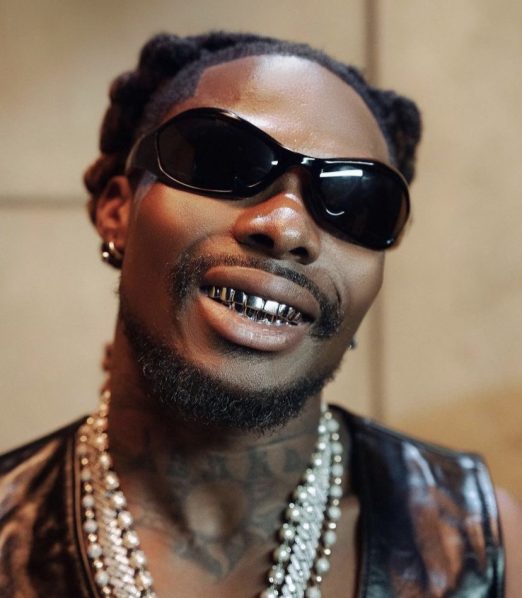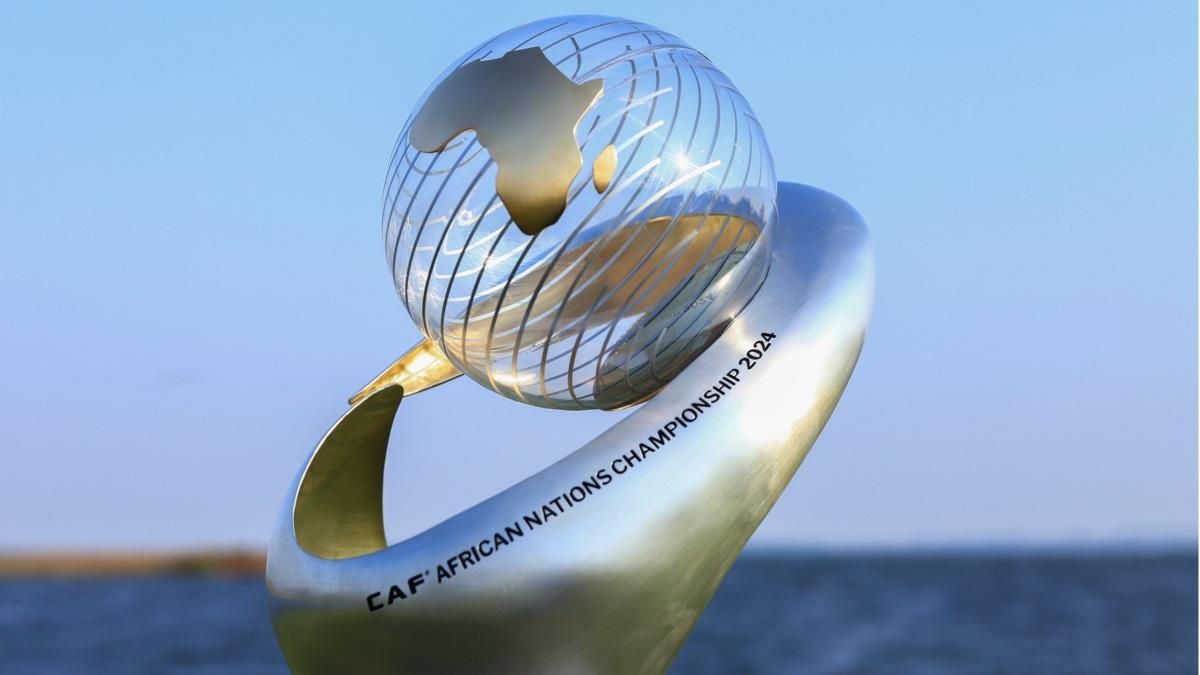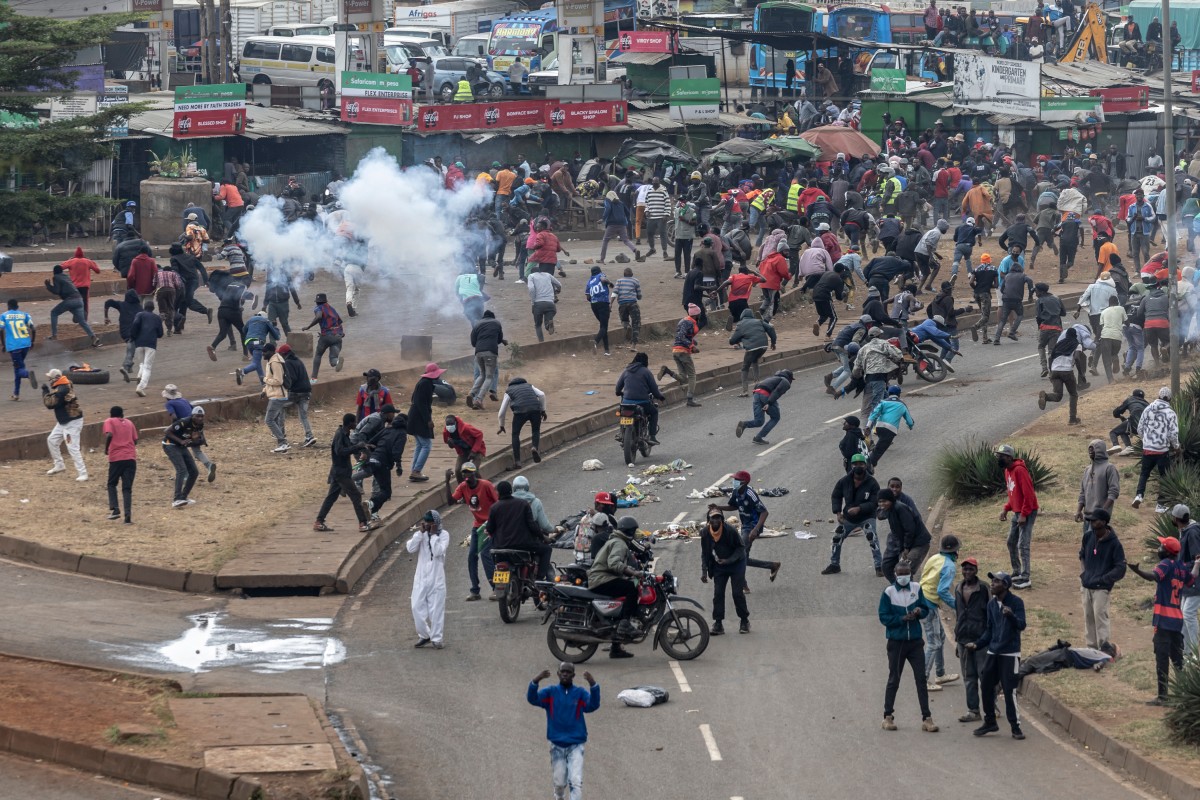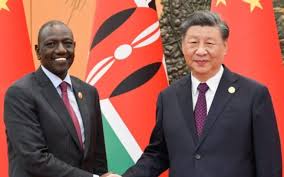
Nigerian singer Ahmed Ololade, popularly known as Asake, has expressed deep sorrow following a tragic incident at his concert in Nairobi, Kenya, where a stampede reportedly claimed the life of a fan.
The incident occurred on Friday, December 20, during Asake’s performance in the Kenyan capital.
Reports from local media and eyewitnesses indicated that overcrowding and movement around the venue led to panic, resulting in a stampede that left several people injured and at least one person dead.
In a statement shared on his Instagram story, Asake said he was devastated by the development and confirmed the identity of the deceased as Karen Lojore.
“I am devastated by the tragic incident that took place at the festival on Dec 20th in Nairobi,” the singer wrote. “My heart goes out to the family, friends, and loved ones of Karen Lojore, and I pledge to support and do my best to understand what happened. Those responsible should be held accountable.”
Asake added that music has always been his way of spreading love and joy, noting that the loss of life at a show meant to bring happiness was deeply painful to him.
“Music has always been my way of sharing love and joy, and it breaks my heart that anyone had to experience such loss,” he said. “My thoughts are with everyone grieving, and I pray that Karen rests in peace. God bless Kenya.”
The tragedy at Asake’s concert has renewed concerns about crowd control and event safety, particularly at concerts headlined by A-list performers with large followings.
Some attendees at the Nairobi show reportedly complained of congestion and difficulty accessing certain parts of the venue, while others described moments of panic as the crowd surged.
Similar crowd-control concerns have surfaced at several concerts in Nigeria this December, drawing attention to a growing pattern during the festive season, when shows attract unusually large crowds.
At Fola’s What a Feeling concert in Lagos, fans complained of overcrowding and poor organisation, with some attendees struggling to gain access to the venue.
The situation prompted the fast-rising singer to apologise publicly to fans via X (formerly twitter) acknowledging the lapses and expressing regret over their experience.
A similar situation happened at BNXN’s BNXN Live in Concert, where issues around access, crowd management, and fan dissatisfaction trended online after the event. BNXN later apologised to fans and refunded a fan ₦250,000.
These incidents have intensified calls for stricter safety measures at concerts across Nigeria and beyond.
Asake concluded his message by offering prayers for the deceased and support for those affected, as the music community reflects on the importance of safety at live events. (Guardian)




